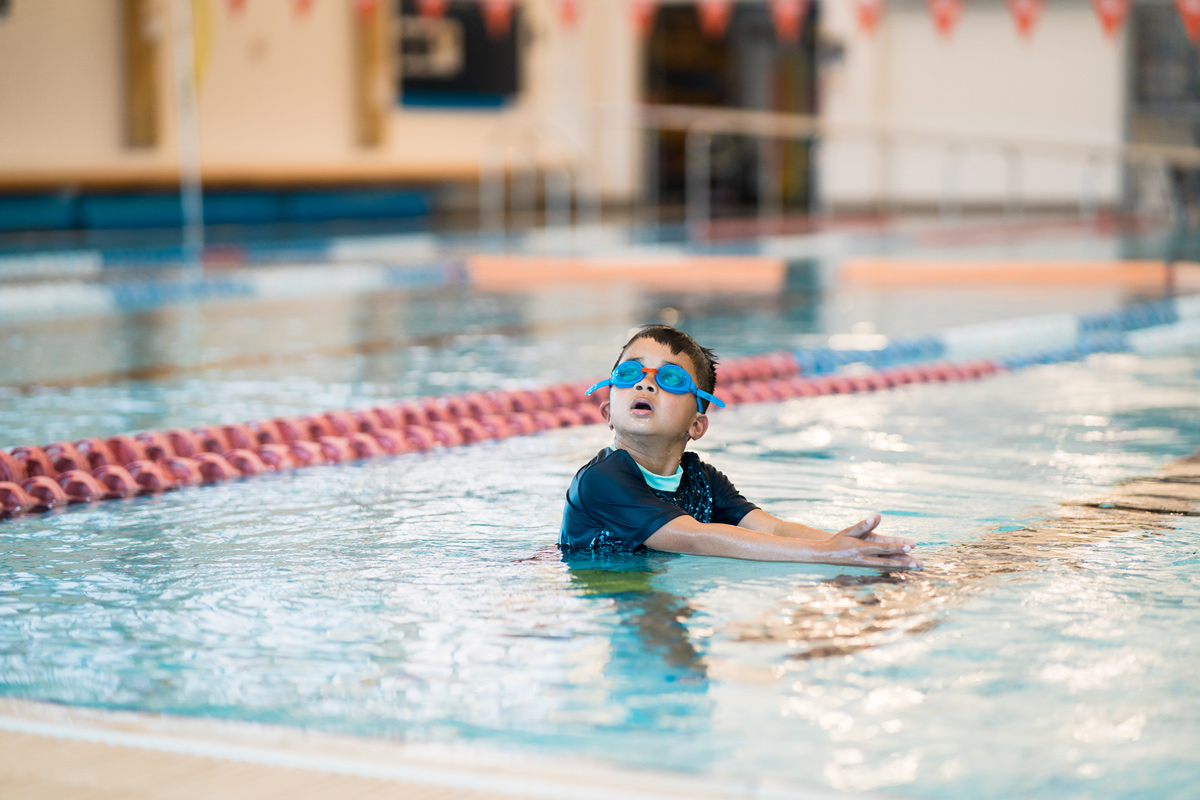Having fun round all forms of water
Keeping children safe around water doesn’t mean taking the fun out of it. With the right guidance, supervision, and simple safety habits, our tamariki can enjoy pools, beaches, rivers, and even backyard play with confidence. Whether they’re splashing in the shallows or learning to swim, water play can be both safe and exciting.
Common water risks for children
- Slips and falls – Wet surfaces around pools and water play areas can cause injuries.
- Unsupervised access – Children wandering near water without an adult can lead to dangerous situations.
How to keep children safe
- Active supervision. Always watch children closely and stay within arm’s reach, especially younger ones.
- Water survival skills. Enrol children in age-appropriate water survival lessons to build confidence and ability.
- Fencing and barriers. Use pool fences, secure gates, and teach clear water safety rules like no running or swimming alone.





-13-web.jpg)